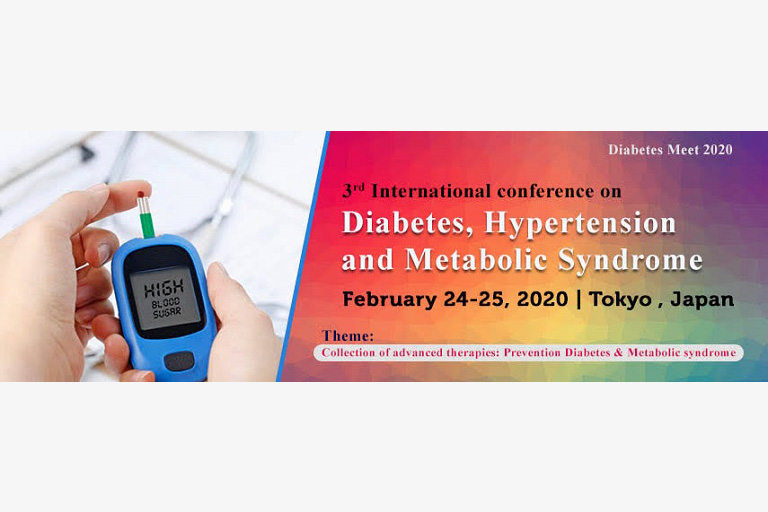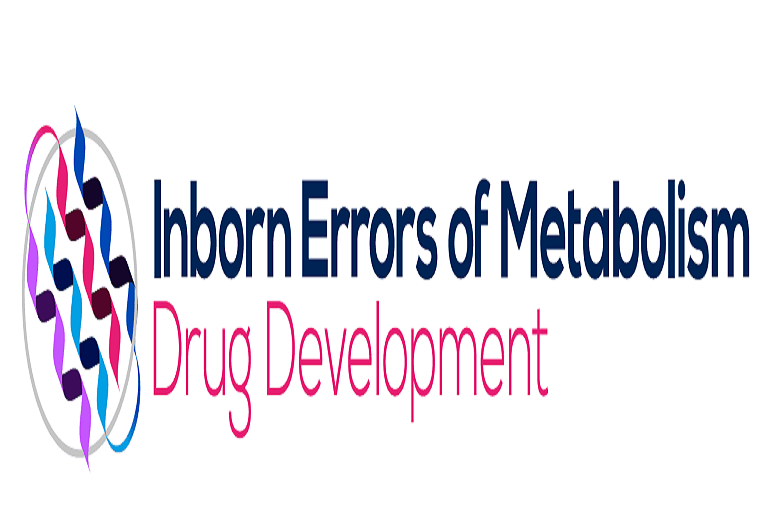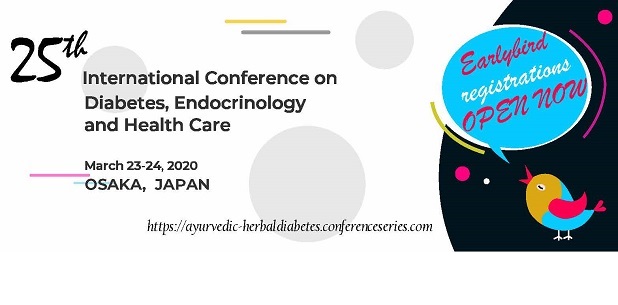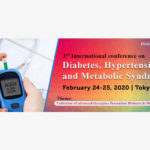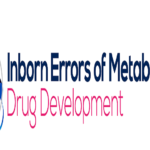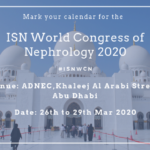7 Ways Telemedicine is Shaping Healthcare
Telehealth is the delivery of health-related services and information through telecommunication solutions. Over the years, our idea of what constitutes as medicine and delivery of care has shifted and it is clear that a technology driven market lies ahead for the future of healthcare. Telehealth solutions now encompassing video conferencing, virtual appointments and consultations, patient portals, remote monitoring. It even leverages smart technology such as the Internet of Things (IoT), Artificial Intelligence (AI), cloud computing, and blockchain.
Continue reading to find out seven ways technology is impacting the healthcare continuum.
1. Remote Patient Monitoring
Remote patient monitoring (RPM)provides health practitioners with the opportunity to observe, report, and analyze patient conditions in real time despite their location.RPM devices such as,wearable devices, smart scales, skin patches, heart monitors, etc. is at the heart of this form of offsite care, collecting and transmitting health information to providers through technological means.
With direct and immediate access to patients and their symptoms, remote care cuts out a lot of wasted time. Due to instant connectivity, healthcare teams can assist more patients, do their jobs more efficiently and effectively, it prevents read missions, and the quality of care improves. In older patients, for example, RPM allows them to maintain their independence longer, because they have access to around the clock care and support from their physicians and specialists.
Overall, remote patient monitoring provides a more robust and accessible means of care.
2. Expanded Access to Healthcare
One of the more pressing issues in modern healthcare is limited access to doctors and specialists, especially in rural America. This particular subset of individuals make up 15-20% of the U.S. population. There are many contributing factors as to why access to care is limited in these regions. According to Rural Health Web, these factors include “economic circumstances, cultural and social differences, educational shortcomings, and lack of recognition by legislators”.
Telehealth can provide a solution to these challenges by expanding access to care through technological means. Patients can participate in remote patient monitoring (RPM), videoconferencing, mobile health communication, virtual peer meetings and educational sessions, transmit health data electronically and so much more. Telehealth and medicine connects patients, physicians, and specialists instantly. Creating more opportunities for care.
3. Empower Patients to Manage Chronic Conditions
Patients with chronic illnesses are confronted with several obstacles in the delivery of care as it relates to their specific population. A few of these include, inaccessibility to doctors and their offices, languages and cultural barriers, prolonged time spent in offices keeping them away from family, friends, and work, limited time spent with providers, the expectation of managing their conditions on their own when away from physicians.
Telemedicine facilitates self-service, where they have access to their doctors on-demand, with questions answered almost immediately. They have access to resources that are linguistically and culturally appropriate and check ins are as frequent as they need for it to be. Having this much control over the way they are tended to and having as much access to the resources necessary to take care of themselves, is empowering for patients dealing with chronic situations. It builds their autonomy, thus yielding more positive results in overall health.
4. Increased Patient Engagement
Patient engagement is rooted in an informed and empowered patient taking an active part in the decision making process of their treatment plans and healthcare in general. According to HIMSS, increased patient engagement contributes to improved health outcomes, they tend to be healthier and experience better outcomes. Therefore, it is imperative that providers encourage patients to educate and advocate for themselves.
Leveraging technology, telehealth can be instrumental in increasing engag ement. Patients have greater access to portals where they can schedule or modify appointments, pay invoices, review lab results, track care plans, communicate with their providers, and join educational teleconferences.
5. Reduced Healthcare Costs
Healthcare costs are often ranked as the top issue for patients. Of course, these costs encapsulate many items, from transportation to insurance premiums to copays to prescription medications. With telehealth solutions, healthcare costs can decrease substantially. Telemedicine visits cost $19-$121 per visit and by avoiding the ER, patients save between $309 and $1500 or more.
In a study consisting of 650 patients participating in an on-demand telemedicine program, it was determined that, “the majority of health concerns could’ve been resolved in a single consultation.” They also found, “synchronous audio-video telemedicine consults resulted in short-term cost savings by diverting patients from more expensive care settings.”
6. Better Access to Specialists
With telemedicine solutions,patients have access to a wider variety of specialty doctors. Contact is quicker and also more affordable. This provides more opportunities for those living in rural areas and places that have fewer specialists. Forms of telemedicine include telepharmacy, teleneurology, teledentistry, telerehabilitation, telenutrition, etc. These solutions might be inaccessible in particular areas, but virtual options make it possible to connect patients to the specific care and support they need. Telecommunications also connects physicians who can then exchange health data such as treatment plans, lab tests and results, and medication history, to provide more individualized and effective care plans and improving health outcomes.
7. Development of Transformative Healthcare Apps
Mobile health apps fall under the telehealth umbrella, aiding in the delivery of telemedicine solutions. There are apps providing support across the healthcare continuum, these solutions take the form of smart pillboxes, patient portals, record keeping databases. mHealth apps are also being created for mental health, maternal- and childcare, chronic disease management, etc.
Leveraging mobile devices in health and wellness has provided faster access to providers and care with Telemedicine being the fastest growing way this technology is being utilized. According to eMarketer, 87% of smartphone owners in the US have used a health and fitness app in 2020. By 2025, the mobile health app market will exceed $111 billion. Mobile health technology has impacted medication adherence, with the creation of smart pillboxes helping to manage medication and apps turning patient health education into adventure games. Mobile devices are also being used for data tracking and diagnostics, to house electronic health records, as wearable devices, remote monitoring, teleconferencing, virtual consultations, and the list goes on.
From quicker access to care and support, more accurate diagnoses, reduced costs, added streams of revenue, remote monitoring, the benefits of implementing telemedicine solutions in the delivery of care are endless.The COVID-19 pandemic ushered in an elevated form of healthcare and the numbers show that telehealth and medicine is here to stay.














